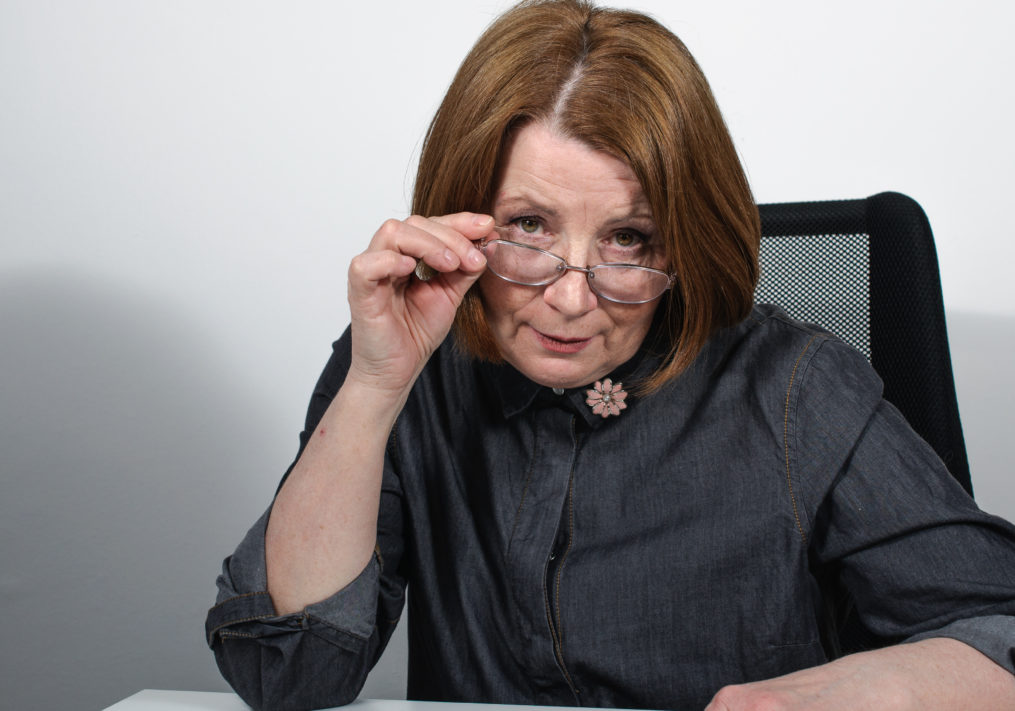
One of my clients recently received a professional review for her book. Overall the review was positive, with one paragraph of constructive criticism. This paragraph made her extremely upset and she reached out to me for help.
Here’s the thing… critical reviews are good for your book!
That she even got a positive professional review for a self-published book is huge. The fact is every good professional review will include at least one criticism. There’s no such thing as a 100% positive review by a professional book critic. It’s their job to find something to criticize. In the case of my client’s book, all they could find was some grammatical errors. This speaks volumes for her as an author. In fact, most critical reviewers find issues with grammar and punctuation, especially if they like everything else about the book. After all, they need to pick something to be critical about, and grammar is easy to nit-pick. Here’s why:
There’s no such thing as a book without any typos or grammatical errors.
In the traditional publishing world, the rate of grammatical errors is one per every four pages. That’s after eight rounds of developmental editing by four different editors. Sometimes a ninth round is even done by the head editor of the publishing company after those first eight rounds are complete.
A professional developmental editor charges anywhere from $3,000-8,000 to edit a standard-sized book. As this is out of most self-publishing authors’ budgets, usually they’ll only contract a basic copy-editor for one round of spelling, grammar, basic punctuation, and fact checking.
Obviously if errors are still found after nine rounds of professional developmental editing by five different editors in a traditionally-published book, there are sure to be errors after just one round of basic copy-editing. It’s life in the book-publishing world, and most authors accept this fact in favor of getting their work published.
How should do you handle the critic?
- Start with good writing. The better your writing quality, and the more friends and family you have proofread it before it goes to a professional editor, the less errors that editor will have to catch. Less to catch means less will be missed. Will there still be a typo or two or misplaced commas? Absolutely. Unless you want to invest in at least three different professionals—a developmental editor and a proofreader in addition to a basic copy-editor—there will be errors.
- Quit taking it personally. The publishing world and the world of reviews are dog-eat-dog. No professional objective reviewer is going to find a book 100% perfect. Every book is going to include something they don’t like. If an author takes personally every criticism that’s bound to come up as an attack, he or she won’t be able to focus on marketing and selling books. The fact is objective reviews that contain criticism give the review credibility, which increases sales. In the case of my client, she sold more copies because she shared the fair, objective review.
- Welcome the critic. Personally, I welcome three- and four-star reviews on my own books because they help me see where I can improve as an author and what I can do in my future books to make them better, whether that’s investing in more editing, a higher level of editing, or adding content to the book. They also give credibility to my books so people shopping know what to expect. In fact, people on my exclusive advanced-notice review list for my books get an email from me for each book I write that includes this statement: “If you have even a minor issue with the material, a 3- or 4-star review won’t offend me. Keep it honest!”
No matter how many of people look at your manuscript, you’re still going to find errors after it’s published. You can do everything in your power to produce a “perfect” book, and errors will always be a natural part of the publishing industry and process.
Note: There’s a difference between a critical review and a nasty review from someone who just wants to be a troll. Click here to read my article about how to handle those nasty reviewers.
Speak up!
What are your thoughts? Have you invested in multiple rounds of editing only to find more typos once your book is published? What is your experience?
Photo courtesy Shutterstock, Irina Takajeva
